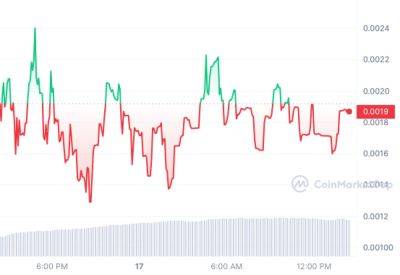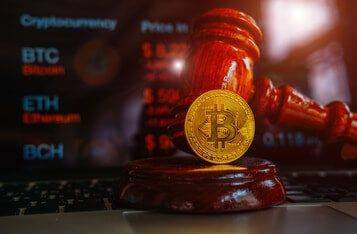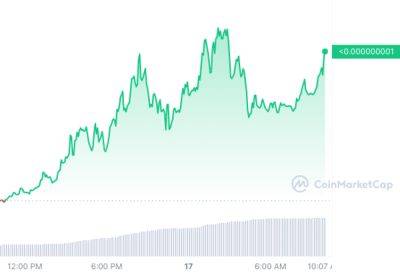Financial surveillance, privacy and CBDCs: Why are governments going cashless?
When most people think of surveillance, they probably think of cameras on street corners, government agencies collecting emails, or smartphones and smart home devices listening to conversations. But there is another form of government and corporate surveillance that gets less attention but is just as prevalent: financial surveillance.
On Episode 12 of The Agenda podcast, Jonathan DeYoung is joined by Marta Belcher, a cryptocurrency and civil liberties attorney who serves as president and chair of the Filecoin Foundation and general counsel and head of policy at Protocol Labs, which helps develop the Filecoin protocol. The two discuss a wide range of topics, from the ins and outs of financial surveillance in the United States to why governments are turning away from cash in favor of central bank digital currencies (CBDCs).
To understand how financial surveillance is carried out in the United States, one must first understand the U.S. Constitution. “The Fourth Amendment basically says, if you want to get information about a person in the United States, you as law enforcement have to have a warrant that has to be signed by a judge based on you having probable cause of suspecting them of a crime,” Belcher explained.
However, under what is known as the “third-party doctrine,” the U.S. government holds that any information voluntarily handed over to a “third party” — such as a bank — can be collected without a warrant or probable cause. Given the amount of customer information banks are required to collect under the Bank Secrecy Act, the government winds up with a significant amount of information on the financial lives of everyday citizens.
Related: Who watches the watchers? CryptoHarlem founder Matt Mitchell explains why
Read more on cointelegraph.com





















